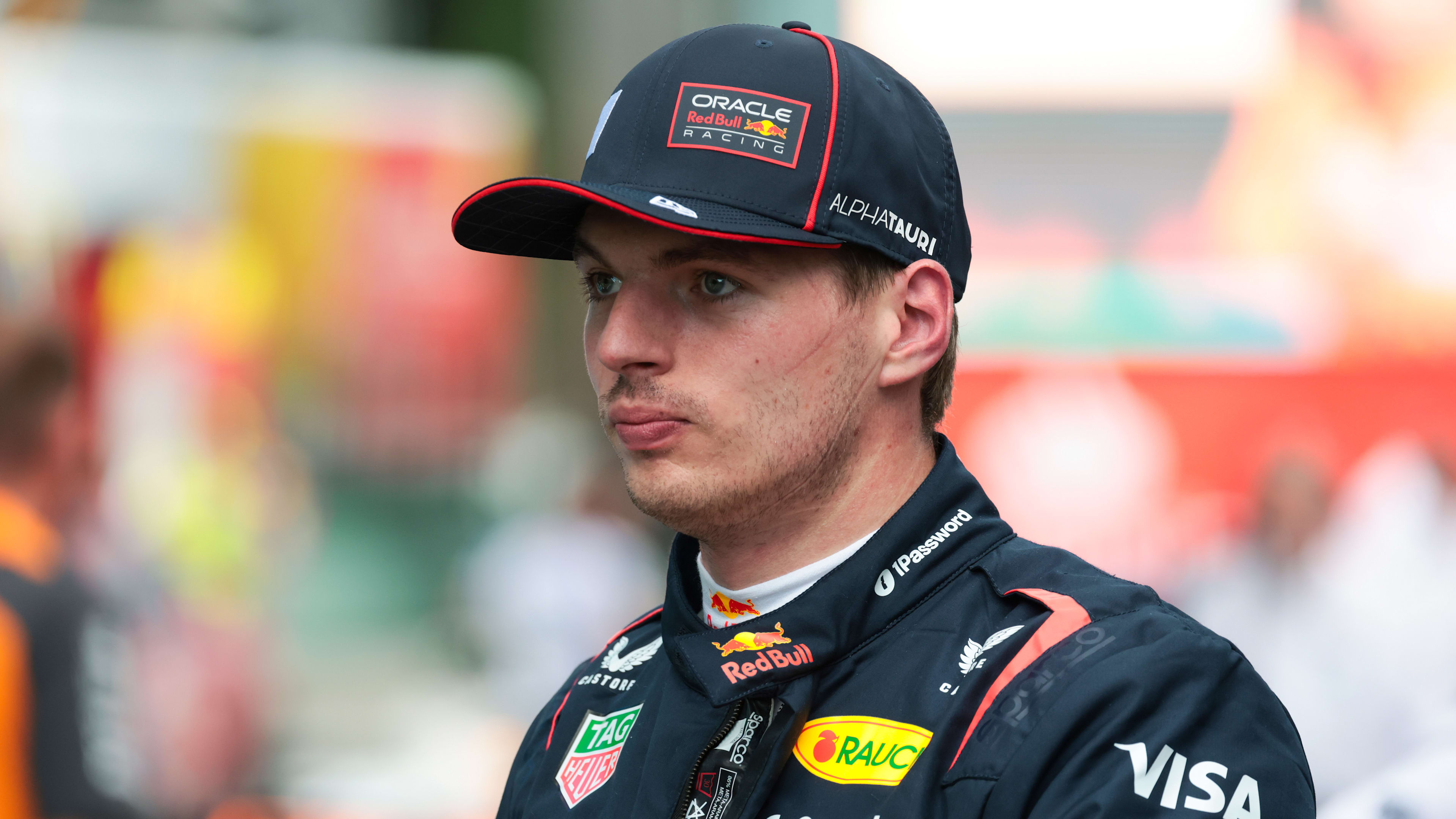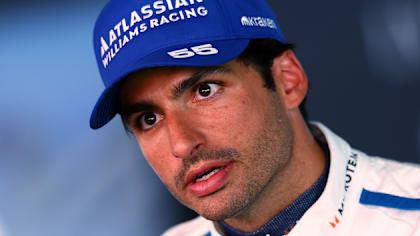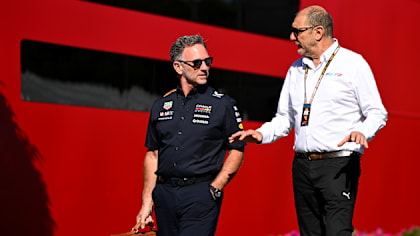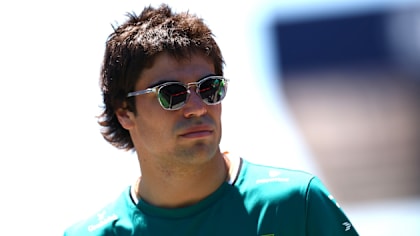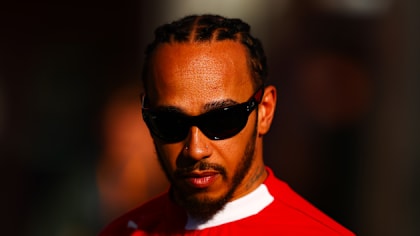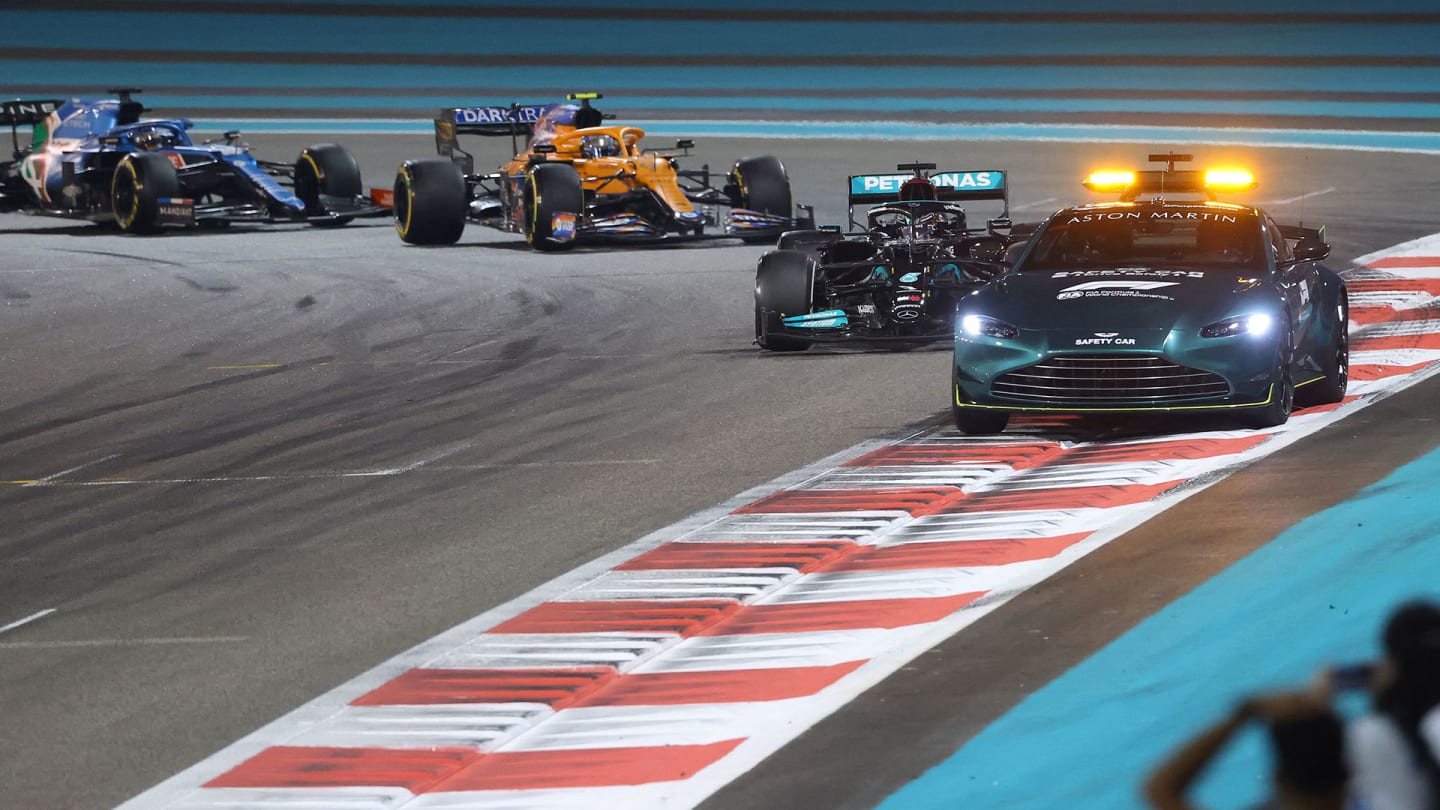
News
FIA release findings and recommendations after 2021 Abu Dhabi Grand Prix analysis
Share

Formula 1’s governing body the FIA have released an executive summary of the analysis they performed into the Abu Dhabi Grand Prix.
Max Verstappen won his maiden championship with a final lap overtake on title rival Lewis Hamilton, having changed tyres under a late Safety Car at Yas Marina Circuit.
READ MORE: FIA make changes to Safety Car rules ahead of 2022 F1 season start
On Saturday, ahead of qualifying for the season-opening Bahrain Grand Prix, the FIA released details from the report, which has been presented to the World Motor Sport Council.
It featured a timeline of the events which begins with Nicholas Latifi crashing his Williams and subsequently triggering the Safety Car and ends with Mercedes withdrawing their appeals.
The key findings
The report found the “Race Director’s responsibilities should be divided and assigned to other persons to reduce the workload of the Race Director and allow them to focus on their key functions, including managing and controlling the race”.
Regarding the ability for Team Principals to speak directly to the Race Director, the report found: “Communications between (on one hand) F1 teams and (on the other hand) the Race Director during a race ought to be restricted so that the Race Director would be free to perform his/her crucial role without unnecessary disruption and distractions.”
The third section focused on the Safety Car unlapping procedure. The report found “the process of identifying the lapped cars used to be a manual process. For 2022 season a software has been developed that will automate the communication of the list of cars that must unlap themselves.”
Last week, the FIA tweaked the Sporting Regulations, swapping “any” for “all” in the article that now reads: “All cars that have been lapped by the leader will be required to pass the cars on the lead lap and the Safety Car.”
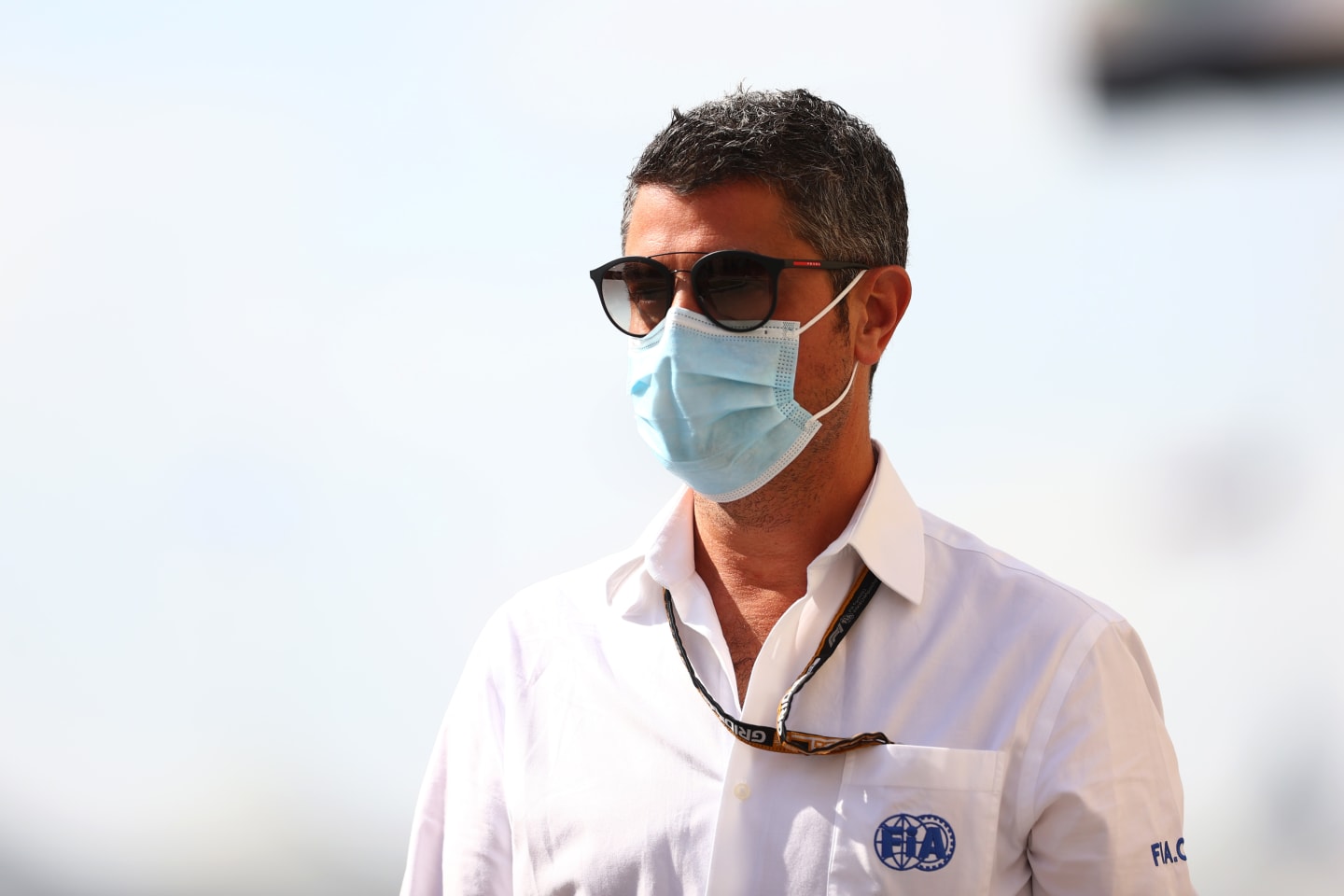
The FIA said that then-Race Director Michael Masi had acted in "good faith"
The recommendations
The report made four recommendations:
-
“To assist the Race Director in the decision‐making process, a Virtual Race Control Room should be created. Like the Video Assistance Referee (VAR) in football, it will be positioned in one of the FIA Offices as a backup outside the circuit. In real‐time connection with the FIA F1 race director, it will help to apply the Sporting Regulations using the most modern technological tools.”
-
“Direct radio communications during the race, currently broadcast live by all TVs, should be removed in order to protect the Race Director from any pressure and allow him to take decisions peacefully. It will still be possible to ask questions to the Race Director, according to a well‐defined and non‐intrusive process.”
-
“Unlapping procedures behind Safety Car should be reassessed by the F1 Sporting Advisory Committee and presented to the next F1 Commission prior to the start of the season.”
-
“A new race management team has been put in place starting in Barcelona for the test session. Niels Wittich (former DTM Race Director) and Eduardo Freitas (former WEC Race Director) will act alternatively as Race Director, assisted by Herbie Blash (former right‐hand man of Charlie Whiting) as permanent senior advisor.”
It added that a new F1 Sporting Director will be recruited. The governing body will also add an additional senior regulatory legal counsel to strengthen the “legal support (i) during the F1 competitions (regardless of the time difference) and especially during the weekend and (ii) on F1 sporting matters.”
F1 TV's Radio Rewind: The dramatic end to the 2021 F1 season
In a statement, the FIA said the World Motor Sport Council “unanimously endorsed the contents of this report and the FIA will continue in its work to implement the recommendations identified as soon as possible”.
The statement added that “the report finds that the Race Director was acting in good faith” – while stating that “due to the fact that manual interventions generally carry a higher risk of human error, software has been developed that will, from now on, automate the communication of the list of cars that must un-lap themselves.”
Meanwhile, the report also stated that the F1 teams had accepted that, although their preference remained to finish a race under green flag conditions, they would accept finishing under the Safety Car “if for safety reasons it is not possible to withdraw [it]”.
The FIA's Remote Operations Centre (ROC) – previously referred to as Virtual Race Control – is now online at the FIA’s headquarters in Geneva.
YOU MIGHT ALSO LIKE
News Sainz rues ‘very tricky’ Qualifying that left him in the ‘middle of nowhere’ at his home GP in Spain
News Horner pledges ‘100% commitment’ to Red Bull amid rumours of Ferrari approach for team boss role
breaking news Aston Martin announce Stroll to miss Spanish Grand Prix
News ‘Not fun’ – Hamilton frustrated by tough Barcelona Friday as he vows Ferrari will ‘keep trying’ to solve issues
